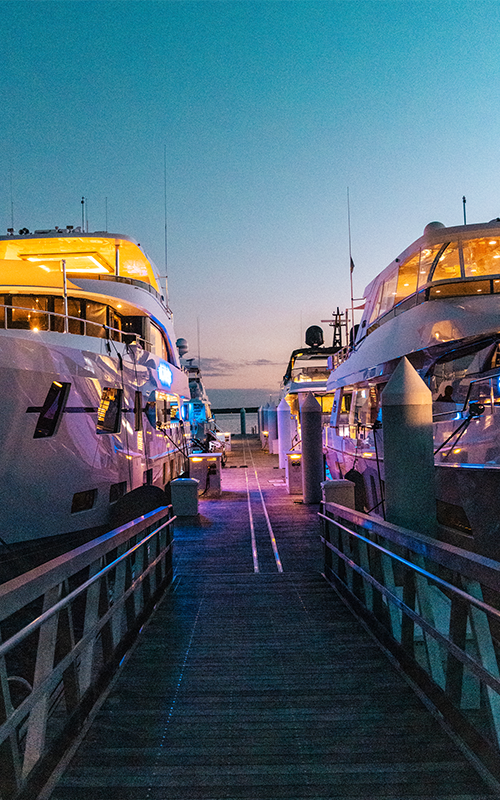
The updated cruising permit fee system in The Bahamas, which takes effect on July 1, 2025, directly impacts those planning to visit Harbour Island, particularly by private boat or yacht. While the goal is to modernize and standardize boating logistics, the financial burden for individual travelers has clearly increased, especially for occasional visitors and mid-size vessel owners.
Under the new rules, the cruising fees Harbour Island now begin at $500 for boats under 50 feet seeking a temporary 12-month permit, compared to the earlier 3-month permit that cost significantly less. The new system also introduces the Frequent Digital Cruising Card (FDCC), which costs $1,500 and offers two years of unlimited entries. This pricing shift makes one-off trips more expensive, but opens up long-term savings for those who plan to return multiple times a year. For vessels between 50 and 99 feet, the costs climb to $1,000 for the temporary permit and $2,500 for the FDCC. Larger yachts over 100 feet must now pay $3,000 or $8,000 respectively, depending on the permit type.
In addition to these permit changes, other fees are becoming more prominent. For instance, there’s a $200–$1,500 annual anchorage fee depending on boat size, a $30-per-person passenger tax for every non-resident after the third passenger, and fishing permits ranging from $100 to $300. Furthermore, vessels 50 feet or larger are now required to maintain a functioning AIS (Automatic Identification System) at all times. Fines for non-compliance can reach $1,000.
For travelers who plan to visit Harbour Island just once or twice, these cumulative charges can be significant. A simple weekend boat trip with four guests might now total over $800 in fees when including permits, anchorage, passenger tax, and fishing authorization. For those returning frequently, however, the FDCC can ease both logistical and financial strain. It’s especially useful for those who split time between the U.S. and The Bahamas or spend an extended part of the year boating through the islands.
The rising cruising fees Harbour Island have triggered mixed reactions. Marinas and local tourism operators have reported cancellations and voiced concern over a potential dip in visitor numbers. Online forums reflect frustration, particularly among mid-size boat owners who find the new structure too steep for short-term trips. Still, many recognize the government’s intent to professionalize and digitize marine travel in the region.
Ultimately, visitors must weigh the frequency and duration of their trips to make the best choice. Whether opting for the temporary permit or investing in the FDCC, knowing the fee structure in advance can help travelers navigate costs efficiently and enjoy the charm, beauty, and hospitality of Harbour Island without surprises.
